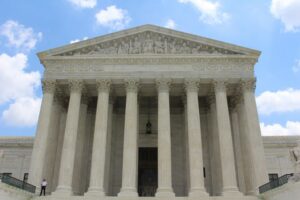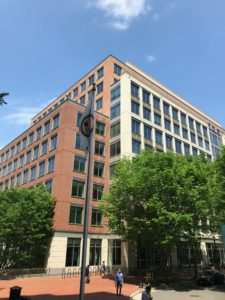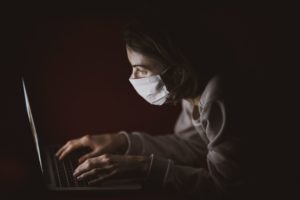An ethics blog for IP attorneys
Patent practitioners are keenly aware that inequitable conduct allegations are commonplace in patent litigation. A finding of inequitable conduct has numerous adverse consequences for patent owners, including the possible loss of patent rights, exposure to antitrust claims, and an award of an accused infringer’s attorneys’ fees. Because the impact of an inequitable conduct finding is […]
Read MoreThe letter comes in the mail from OED asking you a few questions about a handful of trademark applications, including whether each form was electronically signed by the respective applicant or attorney. The light bulb still has not hit—you ask yourself who is OED, and why are they asking about signatures. You read further into […]
Read MoreThis article appeared in Law360 on September 23, 2020. (Subscription Required) The rules of ethics adopted by each state are often said to be based upon or modeled after the American Bar Association’s Model Rules of Professional Conduct. While the ABA model rules provide a template for states to consider when adopting their own ethics […]
Read MoreWhether you practice in trademark or patent law, you generally want to avoid receiving communication from the Office of Enrollment and Discipline (OED). But what happens when they send you a certified letter that includes a Request for Information and Evidence Under 37 CFR 11.22(a) (RFI)? Understanding one of OED’s core missions, investigating allegations of […]
Read Moreby Charles Lundberg, Esq. Reprinted with permission. Published March 30, 2020 in Minnesota Lawyer. In a span of less than two weeks, the coronavirus outbreak has caused unprecedented disruption in law firms and created a host of new issues for firm general counsel and ethics partners. Here is a sampling of new ethics and risk […]
Read MoreInequitable conduct is supposed to be personal to each individual who owes a duty of disclosure to the USPTO. Thus, just because an inventor may have knowingly and intentionally lied to the USPTO does not mean that prosecution counsel did so as well. Indeed, most prosecutors are in a position where they must rely upon […]
Read More







